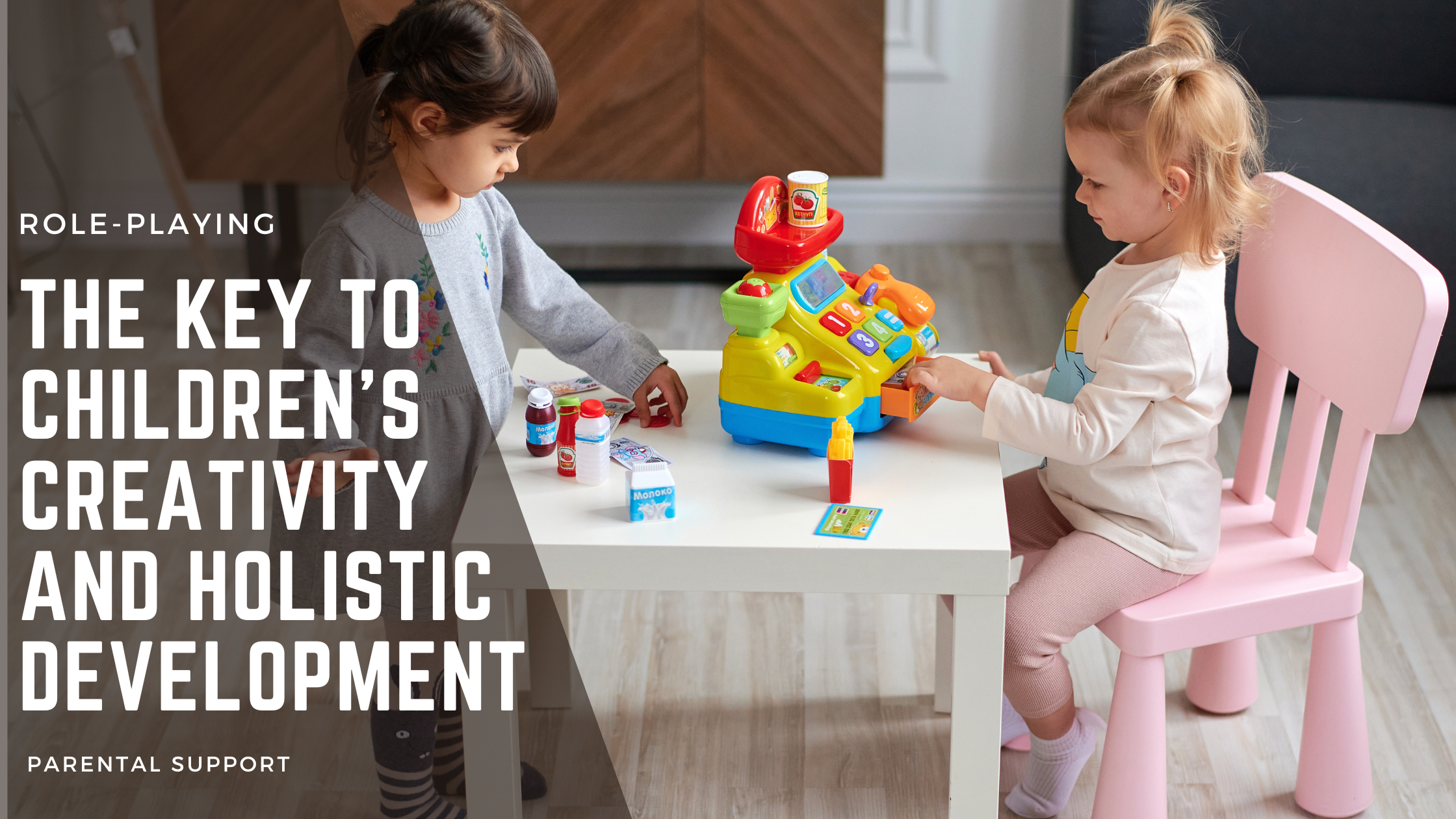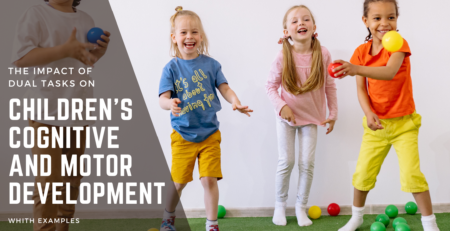
18
Feb
Role-Playing: The Key to Children’s Creativity and Holistic Development
Children are natural explorers who discover the world around them through play. One of the most powerful ways to support role-playing for child development is by allowing them to take on different roles and scenarios. Through role-play, children enhance their imaginative play and creativity, experiment with real-world situations, and develop crucial social skills. By stepping into various roles, they gain confidence and learn problem-solving strategies that help them navigate everyday challenges (Source).
Interactive toys help children express and manage their emotions. Playing with dolls or animal figurines enables them to process their feelings, which is essential for role-play and emotional intelligence. Psychologists emphasize that role-playing strengthens social interactions, improves relationships, and helps children better understand the world around them. Additionally, educational role-playing activities support the development of executive functions such as inhibition, symbolic thinking, working memory, and cognitive flexibility—skills that are fundamental for problem-solving and decision-making (Source).
Holistic Development Through Role-Playing
Role-playing impacts various aspects of a child’s development. It enhances empathy by allowing children to relate to the emotions and thoughts of others, which builds social skills and role-playing capabilities. Engaging in play-based learning for kids fosters cooperation, sharing, and communication skills—vital components for future academic and social success. At the same time, how role-playing boosts problem-solving is evident as children navigate different scenarios, strengthening their cognitive processes and critical thinking abilities (Source). Additionally, role-playing positively influences language development. Through active participation and social interaction, children expand their vocabulary and improve communication skills, leading to better speech development and enhanced listening abilities. Studies have shown that role-playing games provide a foundation for cognitive growth, boost verbal expression and comprehension (Source).
The Therapeutic Benefits of Role-Playing
Beyond its fundamental developmental benefits, role-playing offers many other advantages. Through the power of pretend play, children explore their own interests and preferences, which strengthens their self-awareness and confidence. It also enhances body language and metacommunication skills, such as recognizing when to smile or how to express confidence through posture. Additionally, role-playing serves as a therapeutic tool, helping children process emotions and understand social situations. Moreover, role-playing benefits for kids extend to literacy skills. Acting out the roles of literary characters deepens their appreciation and understanding of stories, turning reading into an immersive experience. Studies suggest that engaging in creative storytelling and dramatic play supports both emotional regulation and cognitive development (Source).
The Role of Parents in Encouraging Role-Playing
Parents play a crucial role in fostering holistic child development through play by actively participating and creating a stimulating environment. Research shows that playful parents encourage curiosity, creativity, and social development in their children. By engaging in imaginative role-playing, parents strengthen their bond with their children and provide a safe space for exploring emotions and relationships (Source).
Toddlers learn through imitation and hands-on experimentation, making open-ended and creative toys ideal for them. Pretend play sets, such as kitchen sets or toolboxes, promote social skills and imagination, while simple puzzles introduce cognitive challenges and problem-solving opportunities. Building blocks encourage creativity and spatial awareness, helping children develop an early understanding of structure and design (Source).
Experts from the Harvard Graduate School of Education emphasize that collaborative and imaginative play lays the foundation for emotional intelligence and academic success. By engaging in structured and unstructured role-playing activities, children develop skills that will benefit them throughout their lives (Source).
Conclusion
Encouraging role-playing for child development with appropriate toys and activities is vital for a child’s holistic growth. Role-playing is not just entertainment—it is a powerful tool for building confidence, problem-solving abilities, and essential life skills. Investing in quality toys and fostering imaginative play allows children to develop creativity, empathy, and cognitive flexibility, setting them on the path to a successful future.


